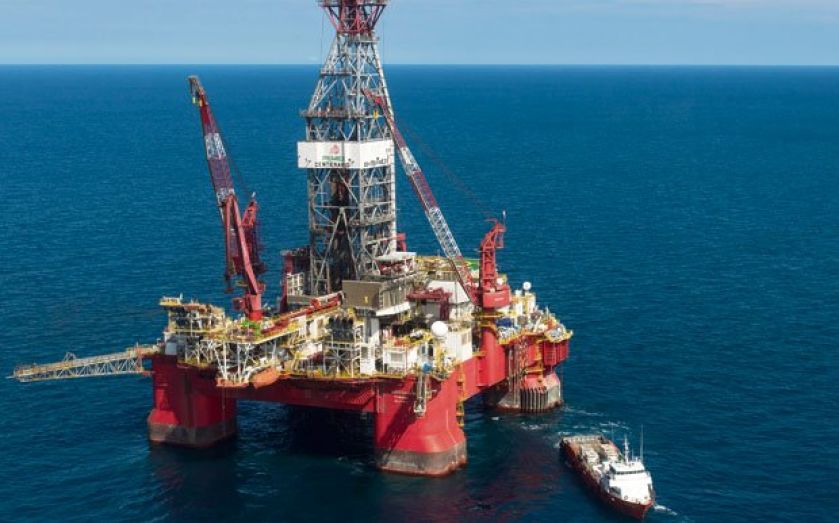Energy policy to blame for slump in North Sea drilling

Changing energy policy is to blame for a dramatic drop in deals and drilling in the UK North Sea, a new report from Deloitte claims today.
Seven exploration wells were drilled on the UK Continental Shelf in the second quarter of 2014, significantly lower than the 12 drilled in the previous quarter and the 17 in the second quarter of 2013.
The number of deals halved to five compared to the first three months of the year, the report added.
The North Sea’s reserves have diminished since the oil boom of the 1970s and those remaining are harder and more expensive to extract.
In a bid to boost its fortunes, the government commissioned oil veteran Sir Ian Wood to undertake a report on how to maximise the area’s reserves.
The report claims its recommendations could add £200bn to the economy over the next 20 years.
Last Monday, the Treasury launched a review into the UK oil and gas tax regime, amid industry claims that lofty rates were deterring investors.
“There were many recommendations made in Sir Ian Wood’s final report, and it’s likely that the industry could be pausing until it has a better understanding of the impact of these, and the effect on the long term future of the North Sea, before making any big investment decisions,” said Derek Henderson, senior partner at Deloitte. “In addition, with the fiscal regime under review, it’s quite likely that the industry will be waiting until there is a bit more clarity over how this will take shape.”
Government policy also came under attack from big six supplier Npower yesterday, after energy secretary Ed Davey told a CBI conference that £10m would be available this year to pay businesses in return for reducing their energy consumption.
“With new [reforms] expected to come into force on 1 August, it is concerning that business leaders still feel uncertain about the potential impact… on their energy bills,” said Npower’s head of industrial and commercial Wayne Mitchell.